
Tidal Plumbing & Heating LLC
Specializing in Local Law 152 Gas Shutdown
& Lock-Offs by Con Edison and National Grid.
- Licensed & Insured
- No Subcontractors.
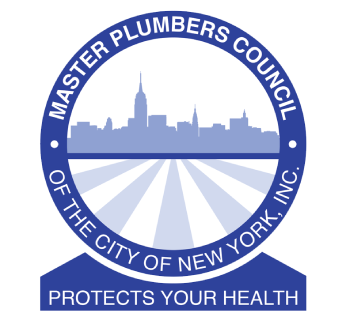
NYC Licensed Master Plumber #2435 NYS Certified Back flow Tester #12387
Is Your Plumber Licensed?

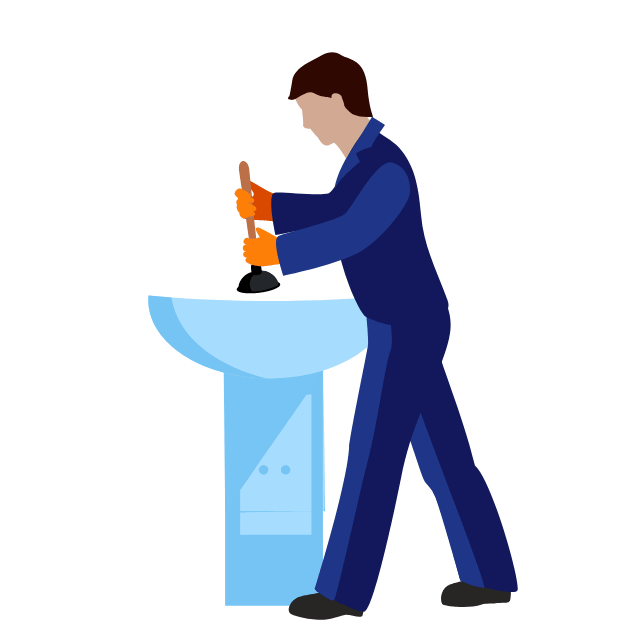
NYC Licensed Master Plumber #2435 NYS Certified Back flow Tester #12387
Queens Residential Natural Gas Services
If you need services for gas restoration Queens NY residents can trust, look no further than Tidal Plumbing. Our team is made up of the best plumbers who are dedicated to providing outstanding gas, heating, and plumbing services.
When you call us for residential natural gas services queens people rely on, or gas conversion services, we will send a qualified technician to your home to provide the gas service Astoria NY residents commonly need. We understand the importance of getting your gas access restored quickly and safely, so you can rest assured that our qualified expert will get the job done right when it comes to providing any services in gas restoration Queens NY customers swear by.

Tidal Plumbing NYC Offers Many Services Including:
Gas
- Gas Leak Detection
- Gas Leak Repairs
- Gas Shutdown & Lockoffs
- ConEdison
- National Grid
- Local Law 152
Plumbing Services
- Full Service Plumbing
- Water Heater Installation & Repair
- Backflow Installation & Testing
- Drain Cleaning
- Commercial Plumbing
Heating
- Gas Heat Service
- Boiler Installation & Repair
- Steam Heat Specialist
- Tankless Water Heaters
- Radiant Heating
- Heat Pump Water Heater
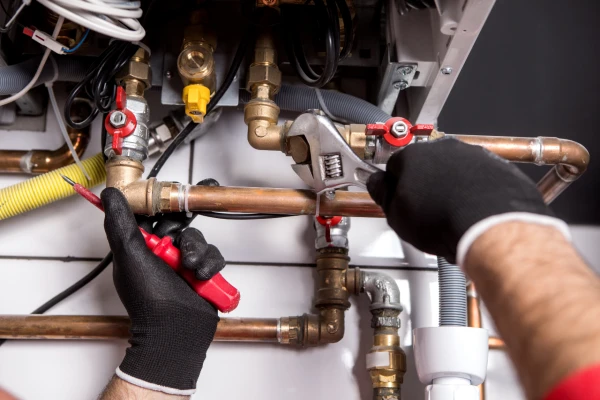
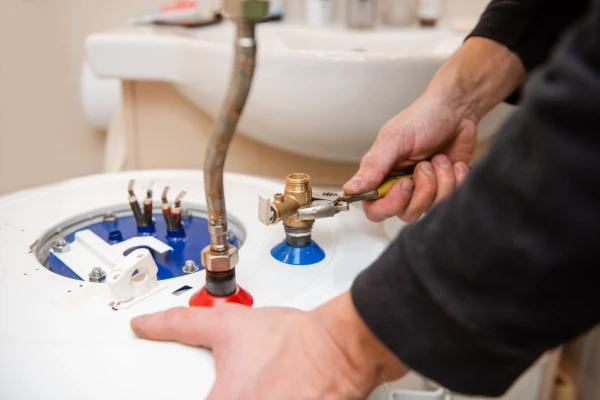
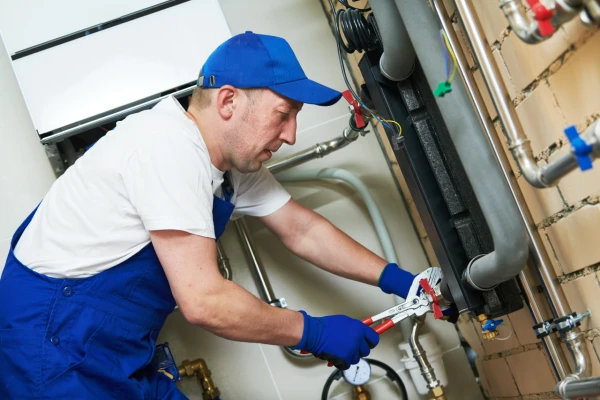
About Tidal Plumbing
Tidal Plumbing and Heating has been providing reliable heating and plumbing services to the New York City area since 2000. We understand the importance of a quick response during emergencies, which is why we offer 24/7 services. Our team of licensed and insured technicians prides themselves on providing friendly service with an acute attention to detail. We offer comprehensive plumbing services, including specialized knowledge with tankless water heater installation, heat pump water heaters, backflow services and gas shut downs and lockoffs in line with local law compliance. Our quality guarantees are a testament to our commitment to providing superior services.
Choose us for our friendly technicians who are also highly skilled, licensed and insured. We offer everything from full-service plumbing and tankless water heater installation to gas shut downs and lockoffs.
Why Choose Us
Emergency Service Available
Emergency service available with a fully stocked work vehicle and full selection of plumbing and heating services available day or night for our customers.
Dedicated Team
Our licensed and insured master plumbers and certified backflow testers will show up ready to work, when you need it – all with friendly attention to detail.
Quality Guarantee
We stand behind all the work we do. If you aren’t completely satisfied, we will come back out to make it right. This is how confident we are in our services.
Get Estimate
To help you better plan your project, we are happy to give you an estimate. Just give us a call and schedule a no-obligation in-home consultation.

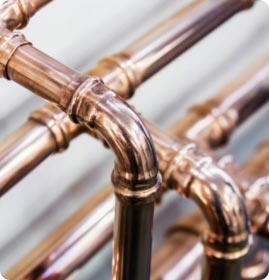
We Are Known Around NYC For having The Best Plumbers
Hiring a skilled and certified plumber or heating technician is crucial for the peace of mind of your home or business. We, as licensed and insured master plumbers and certified backflow testers, take full responsibility for our work.
Our technicians strive to deliver an exceptional service and an outstanding customer experience. Our friendly and accommodating customer service, along with our affordable prices and on-time service, reinforce our commitment to the residents and business owners of New York City. As a result, we take pride in providing top-notch services that meet the highest standards of the industry.
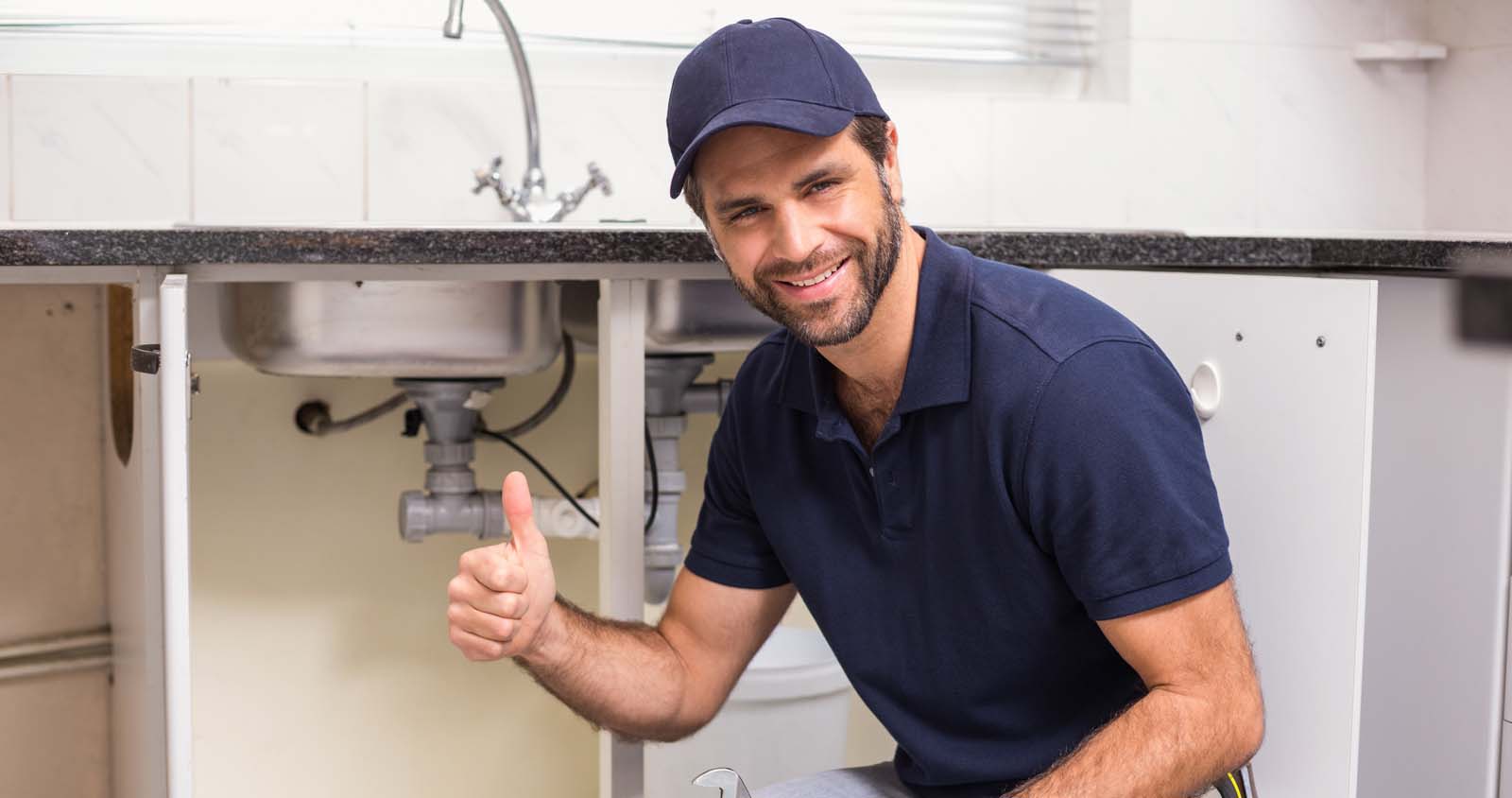
Law 152 Gas Inspection
Tidal Plumbing’s team for natural gas leak repair Staten Island NY clients trust, is experienced in handling all types of gas leaks, big or small.
We’re here to help get your life back to normal as quickly as possible, because we have a team that specializes in natural gas leak repair Staten Island NY people rely on, and we pride ourselves on being a responsive team that is there for our customers in their time of need.
We’re dedicated to providing outstanding service, and we work hard to ensure that every customer is satisfied, because we believe in doing things right the first time and we stand behind our work 100%.
Testimonials
Our Partners














The cost of Local Law 152 inspection may vary depending on the size of the building, the complexity of the gas system, and the service provider. Tidal Plumbing NYC offers competitive pricing for its inspection services, and you can contact them for a quote.
The inspection duration varies depending on the size of the building and the complexity of the gas system. However, a typical inspection can take between 1-4 hours. Tidal Plumbing NYC ensures that its inspections are thorough and efficient.
If issues are found in the inspection report, property owners are required to address them within the stipulated time frame to comply with Local Law 152. Tidal Plumbing NYC offers remediation services to address any issues identified in the inspection report.
Non-compliance with Local Law 152 can lead to serious safety hazards, such as gas leaks and explosions, which can cause injury or death. Property owners can also face hefty penalties and fines for non-compliance.
The property owner is responsible for ensuring compliance with Local Law 152. However, tenants can also play a role by reporting gas leaks or suspicious gas odors to the property owner.
Yes, Tidal Plumbing NYC has experienced and qualified inspectors who are licensed by the NYC Department of Buildings to perform Local Law 152 inspections.
Natural gas is odorless, but utility companies add a distinctive odorant called mercaptan to help people detect leaks more easily. If you suddenly notice a strong, sulfur-like smell of rotten eggs or a “skunk-like” odor in your home, business, or anywhere else, it’s essential to take immediate action.
Evacuate: If you’re indoors, leave the building immediately. Do not use any electronic devices, including cell phones, as these can create sparks that may ignite the gas.
Avoid Open Flames: Do not light matches, candles, or cigarettes, and avoid turning on any electrical appliances, including light switches. Any spark or flame can be extremely dangerous in the presence of a gas leak.
Don’t Touch Electrical Devices: Avoid touching any electrical switches, outlets, or appliances, as these could also generate sparks.
Leave Doors Open: As you exit the building, leave doors and windows open to help ventilate and disperse the gas.
Alert Others: If you’re in a multi-unit building, make sure to warn your neighbors about the potential gas leak so they can evacuate as well.
Do Not Use Phones: Avoid using any phones, including landlines and cell phones, within the vicinity of the gas leak. Phones can create sparks that may trigger an explosion.
As soon as you are safely outside and away from the source of the gas leak, you should immediately contact the appropriate authorities:
Call 911: If you suspect a gas leak and there is a potential danger of fire, explosion, or harm to people, dial 911. Emergency responders will dispatch firefighters and other appropriate personnel to address the situation.
Con Edison: For non-emergency gas leaks, you should contact Con Edison’s emergency hotline at 1-800-75-CONED (1-800-752-6633). They will send a technician to investigate and address the issue.
- Tidal Plumbing NYC: 718-505-9300
Utility Company Responsibility: In many cases, the utility company (such as Con Edison) is responsible for addressing gas leaks that occur before the gas meter. This includes gas leaks in the service lines leading to your property.
Property Owner Responsibility: Property owners are typically responsible for addressing gas leaks that occur after the gas meter, which includes the piping and appliances within your property. This is why it’s important to have gas appliances and piping regularly inspected and maintained to prevent leaks.
Renter Responsibility: If you are a renter, you should immediately notify your landlord about the gas leak. Landlords are responsible for maintaining safe living conditions, and they should coordinate with the utility company to address the issue.
The most common places for gas leaks to occur within a house are typically related to the various gas appliances and piping systems that are part of a household’s infrastructure. Here are some of the most common areas where gas leaks can occur:
Gas Appliances: Appliances that use natural gas, such as stoves, ovens, water heaters, furnaces, and clothes dryers, are potential sources of gas leaks. Leaks can occur due to faulty connections, worn-out seals, or damaged components.
Gas Stove/Oven: The connections between the gas supply line and the burners or oven on a gas stove can sometimes become loose or develop leaks over time. Regularly inspecting these connections and ensuring they are properly tightened is essential.
Gas Water Heater: Water heaters that use natural gas to heat water can develop leaks at the connections between the gas supply line and the water heater itself. Also, the pilot light area can be a potential source of gas leaks if not properly maintained.
Gas Furnace: Similar to water heaters, gas furnaces can develop leaks in the connections between the gas supply line and the furnace. Additionally, the heat exchanger, which is a crucial component of the furnace, can develop cracks or corrosion over time, leading to gas leaks.
Gas Dryer: Gas-powered clothes dryers can develop leaks around the connections between the gas line and the dryer, as well as at the burner assembly.
Gas Piping: The piping that carries natural gas throughout the house is another common area for potential gas leaks. These pipes can corrode, degrade, or develop weak points over time, leading to leaks.
Gas Valves and Connections: Valves and connections in the gas supply lines, both within appliances and along the piping system, can be prone to leaks if not properly maintained or if they become worn out.
Joints and Seals: Joints and seals in the gas piping system, such as those found in elbows, tees, and fittings, can develop leaks due to vibration, movement, or degradation of the sealing material over time.
Outdoor Gas Lines: Gas lines that extend outdoors to fuel appliances like grills, outdoor heaters, or fire pits can also develop leaks due to environmental factors or accidental damage.
Gas Meters: While less common, gas leaks can also occur around the gas meter connections or within the meter itself. Gas meters should be regularly inspected by professionals to ensure they are functioning properly and are leak-free.




